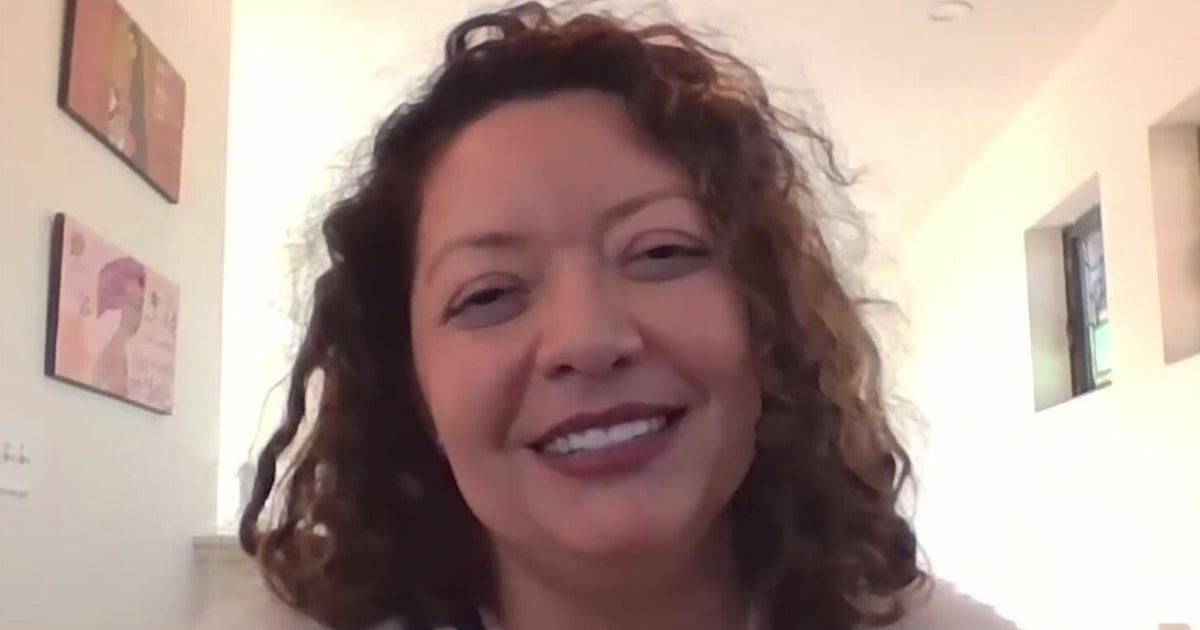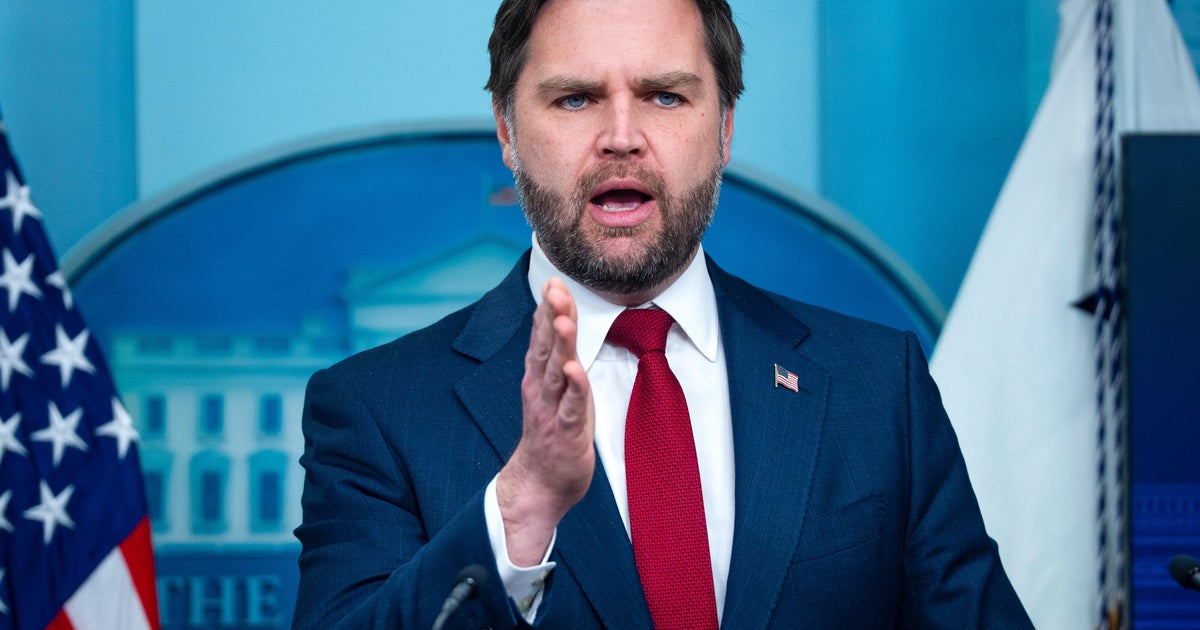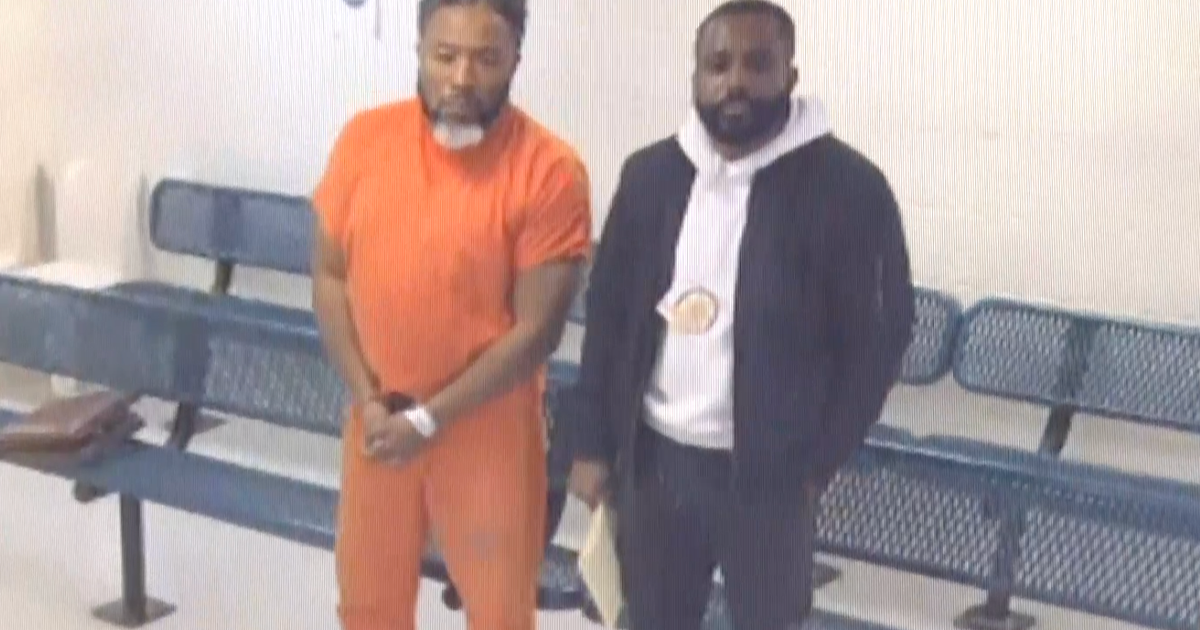East Bay officials ponder plans for replacing Oakland mayor, Alameda County DA
With the recall of both Oakland Mayor Sheng Thao and Alameda County District Attorney Pamela Price apparently headed for voter approval, East Bay officials are looking at the next steps they could be taking.
There are procedures for refilling the two offices, but in the case of Sheng Thao, it could be a convoluted process with the possibility of a major ironic twist.
It took less than two years for people to start calling for Pamela Price's head. She ran a campaign promising criminal justice reform, but quickly got a reputation of being soft on crime. Much of the criticism coming from the families of violent crime victims.
Dan Lindheim, a professor at UC Berkeley's Goldman School of Public Policy, said the process for replacing Price is fairly straight forward, with Alameda County Supervisors appointing a replacement until a new election is held in 2026.
"And so, part of the debate is, do they pick somebody who has already been District Attorney, like Nancy O'Malley? Or do they pick one of the people who lost to Pamela Price, or do they pick one of their own? I don't know what their plan is for that," said Lindheim.
But Chinatown leader Carl Chan, who helped spearhead Price's recall, said whoever is chosen has to represent a real change.
"She doesn't understand the job of District Attorney," said Chan. "So we need someone coming in that totally understands what this job is all about and who they're serving."
Mayor Sheng Thao also ran into trouble early. Just a couple months after taking the mayor's office, she suspended and later fired Oakland Police Chief LaRonne Armstrong. He was well liked in Chinatown at a time when hate and crime was being directed at the AAPI community.
Chan, who also pushed Thao's recall, said she drove a wedge between those demanding safety and those seeking social justice.
"We are saying this mayor has been doing a terrible job in the way of dividing people," he said. "So we need someone coming in, the next mayor, who can unify the people."
But replacing the mayor will be more complicated. Immediately after the vote is certified, the job falls to the president of the Oakland City Council. That would be Nikki Fortunado Bas.
But Bas is currently running for county supervisor. Lindheim said, If she wins, she probably wouldn't take the job of mayor and the council would appoint someone else. But either way, the council will reorganize in January and they could select a new president.
"And then there might be a different mayor," Lindheim explained. "So Nikki could be mayor for a couple of weeks, assuming she loses the supervisor's seat. And then they could have another mayor...or not! And so, there could be three different people. There could be two different people. Who knows? And we don't even know who's going to be on the city council yet."
And that's where things get really interesting, because LaRonne Armstrong is running for the at-large council seat. If he should win, it is theoretically possible that he could be appointed mayor, replacing the very person who fired him as police chief.
Lindheim says there could be serious consequences of the Thao recall. He says the good news is that Oakland does not have a strong-mayor form of government, where the mayor serves as chief executive. The city is pretty much run by the city manager.
So all the uproar over the recall hasn't really affected the day-to-day operation. But Lindheim says the bad news is that the city is facing a huge budget deficit with funding options, like the sale of the Oakland Coliseum, still up in the air. With no mayor, and the council makeup still uncertain, there is no one who will be willing to step up and make the hard choices.
"Until they start making cuts and restructuring their spending, they're going to be upside down next year," said Lindheim. "And they won't have any reserves and they won't have any Coliseums to sell, and someone's going to have to get on top of this issue sooner rather than later."
Without a mayor in place, there will be no one to step up and make the tough financial decisions. Lindheim said this kind of recall drama is happening because ranked-choice voting is electing people who do not have a strong base of political support in the first place.






